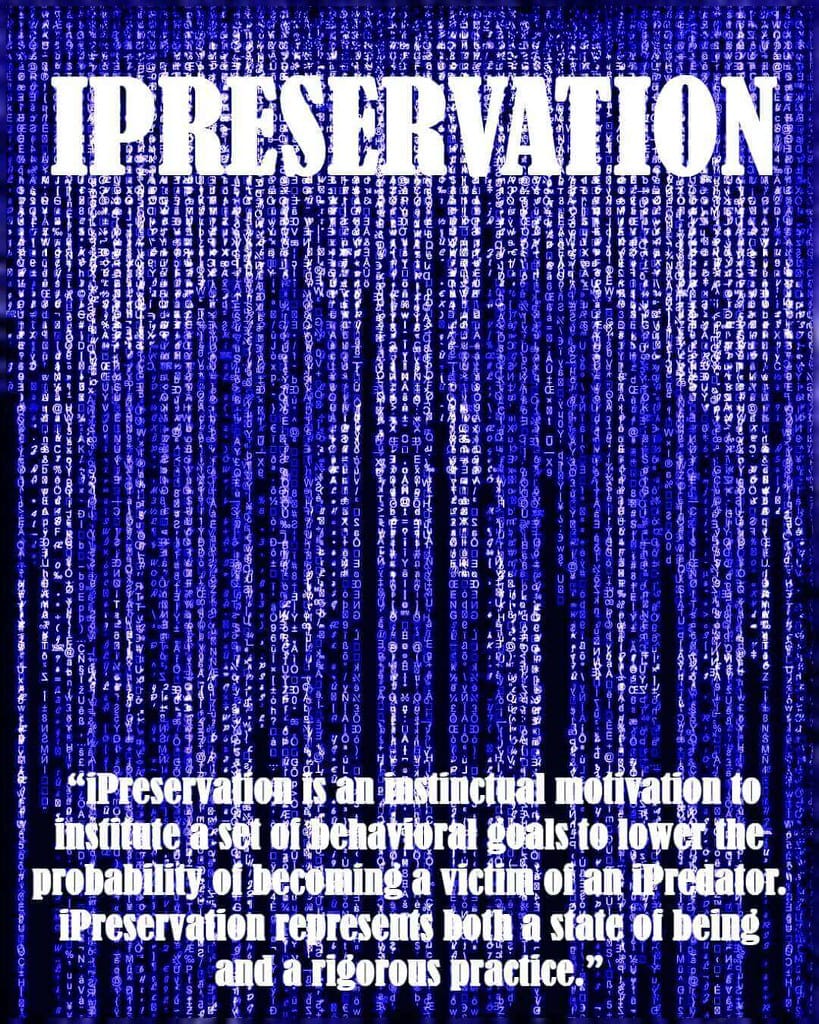FCC Stands Firm Against Cable-Style Fees for Internet Providers
The Federal Communications Commission has definitively rejected proposals to impose cable television-style franchise fees on broadband internet providers, marking a significant victory for the telecommunications industry and potentially keeping internet costs lower for consumers across the United States.
What Are Cable Franchise Fees?
Cable franchise fees are payments that cable television companies make to local governments—typically ranging from 3% to 5% of gross revenues—in exchange for the right to use public rights-of-way for their infrastructure. These fees, which date back to the Cable Communications Policy Act of 1984, have generated billions in revenue for local municipalities over the decades.
Local government associations and some consumer advocacy groups had pushed for similar fee structures to be applied to broadband providers, arguing that internet companies benefit from the same public infrastructure access as cable companies without contributing equivalent compensation to local communities.
The FCC's Decision and Reasoning
The FCC's rejection centers on several key arguments that distinguish broadband services from traditional cable television. Unlike cable TV, which requires exclusive local franchising agreements, broadband internet access is classified as a telecommunications service under federal jurisdiction, not a cable service requiring local franchise agreements.
"Broadband internet access is fundamentally different from cable television service," the FCC stated in its ruling. "Imposing cable-style franchise fees would create unnecessary regulatory burdens that could ultimately harm consumers through increased costs and reduced innovation."
The commission emphasized that broadband providers already contribute to local communities through property taxes, right-of-way fees, and other existing revenue streams. Adding franchise fees could potentially stifle network expansion and improvement efforts, particularly in underserved rural and low-income areas where margins are already thin.
Industry and Consumer Impact
Major internet service providers, including Comcast, Verizon, and AT&T, welcomed the FCC's decision. Industry representatives argued that additional fees would inevitably be passed on to consumers at a time when affordable internet access has become essential for work, education, and healthcare.
The decision comes as the average American household pays approximately $80-100 monthly for broadband service, with prices varying significantly by region and provider. A 5% franchise fee could potentially add $4-5 to monthly bills, which advocacy groups note could disproportionately impact low-income families already struggling with digital divide issues.
However, local government officials expressed disappointment with the ruling. The National Association of Counties estimated that franchise fees on broadband could generate hundreds of millions annually for local infrastructure projects, public safety initiatives, and community broadband programs.
Broader Regulatory Context
This decision reflects the FCC's broader approach to broadband regulation under current federal policy. The commission has consistently positioned internet access as a competitive market requiring minimal regulatory intervention, contrasting with the heavily regulated cable television industry.
The ruling also aligns with recent federal initiatives to expand broadband access, including the $65 billion Infrastructure Investment and Jobs Act funding for rural broadband expansion. The FCC argued that additional fees could undermine these investment efforts by reducing provider incentives to expand service to costly-to-serve areas.
What This Means Moving Forward
The FCC's rejection likely settles the franchise fee question for the foreseeable future, providing regulatory certainty for broadband providers planning network investments and expansions. This stability could accelerate 5G deployment and fiber-optic network buildouts, particularly in competitive markets.
For consumers, the decision helps maintain current pricing structures while potentially encouraging continued network improvements and expansion. However, it also means local governments must seek alternative funding sources for technology and infrastructure projects previously supported by cable franchise fees.
Local officials may now focus on negotiating individual agreements with broadband providers for right-of-way access, potentially securing community benefits through alternative arrangements rather than standardized percentage-based fees.
Key Takeaways
The FCC's firm stance against cable-style franchise fees for broadband providers represents a clear regulatory philosophy favoring market-based solutions over additional government intervention. While this decision benefits providers and likely keeps consumer costs stable, it also highlights the ongoing tension between federal broadband policy and local government revenue needs.
As internet access becomes increasingly essential to American life, this ruling establishes important precedent for future broadband regulation discussions, emphasizing service expansion and affordability over additional revenue generation for local governments.

